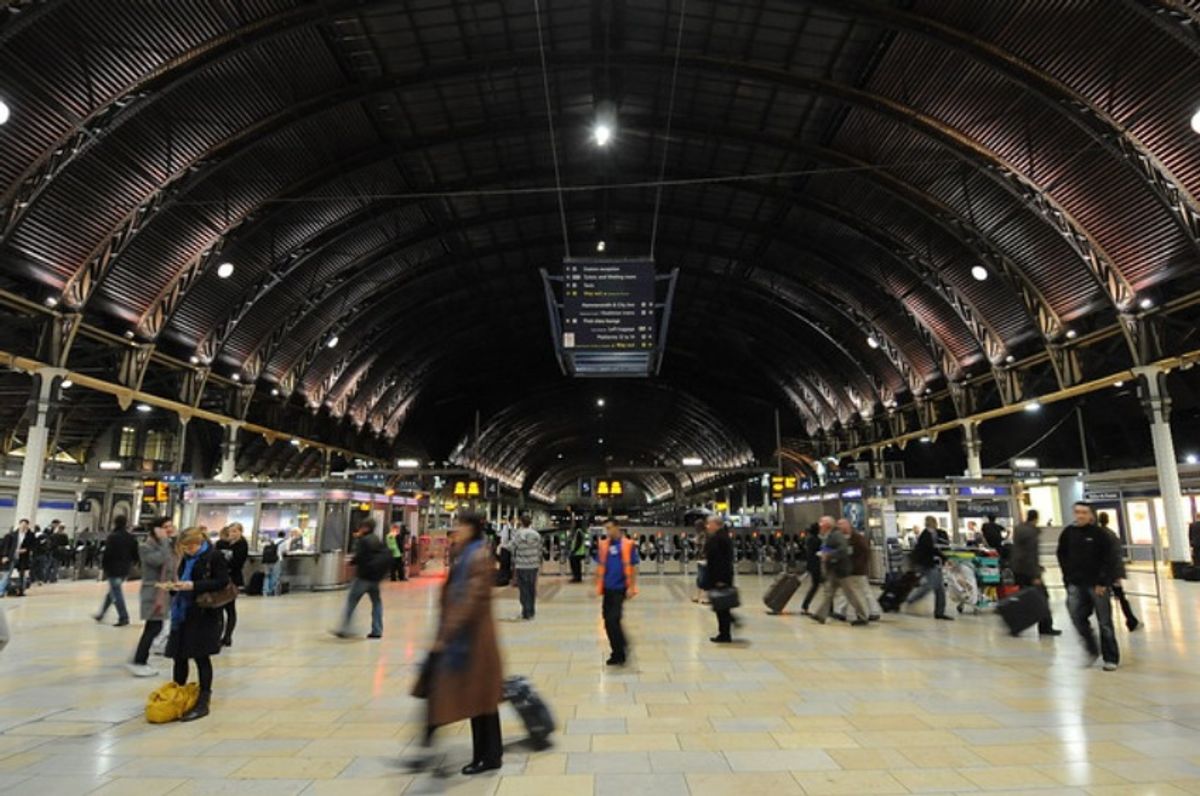The UK government has been criticised for making “little progress” in transforming the country’s rail network over the past six years, according to a House of Commons committee.
The Public Accounts Committee (PAC) has examined the government’s response to the “significant disruption” caused in May 2018 by the failed introduction of a new rail timetable in the UK.
This failure led to the creation of the Williams Rail Review, led by former British Airways’ CEO Keith Williams, into the structure of the industry, which eventually called for “fundamental change” and led to a white paper being published in 2021.
But MPs on the committee found that the government’s planned reform of the rail system was “now largely on hold” until the next parliament is formed. The UK will hold a general election on 4 July when new MPs will be elected to the House of Commons.
One of the major initiatives as part of this reform is the creation of Great British Railways (GBR), which is a new body to run and plan the rail network, own the infrastructure and collect most fare revenue.
However, MPs on the committee said that GBR has yet to be established by the Department for Transport despite plans to do so by March 2024.
“Delays to legislation have been a contributing factor, but there are also fundamental disagreements and issues that still need to be resolved on rail reform between the department and HM Treasury,” said the committee in its report.
“For example, the extent of GBR’s role and responsibilities, including the level of independence it will have. Meanwhile, no one is putting the needs of passengers and taxpayers first.”
MPs added that “poor performance persists” across the UK’s rail networks. It points out that 13.7 per cent of trains were delayed in 2022-23 and 3.8 per cent of services were cancelled.
“In the meantime, taxpayers continue to subsidise passenger rail services at a level that the department considers unsustainable – £3.1 billion in 2022-23,” said the report.
“The department needs to demonstrate a sense of urgency in implementing rail reform, including addressing the things that will make a real difference for passengers and taxpayers now.
“This includes engaging with the workforce expected to implement reforms on the ground, improving the punctuality and reliability of services, and taking action to improve accessibility to a rail network that is off limits to so many people.”

